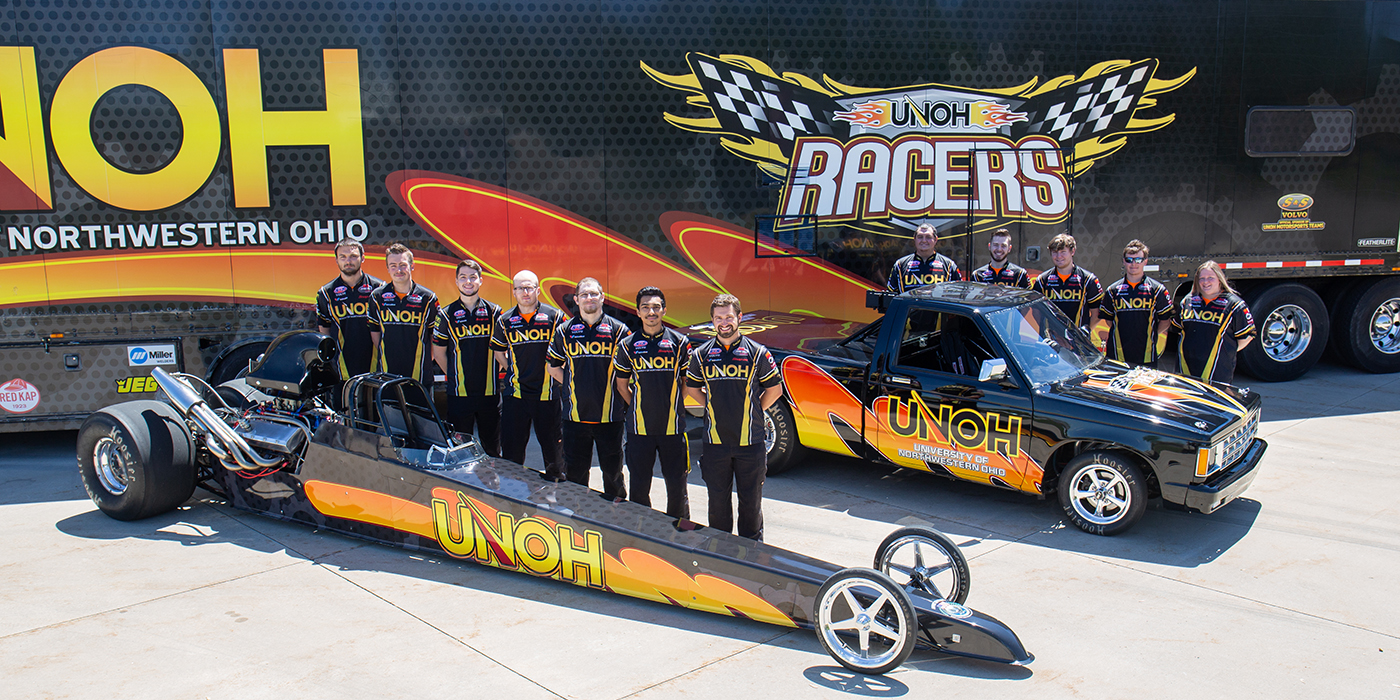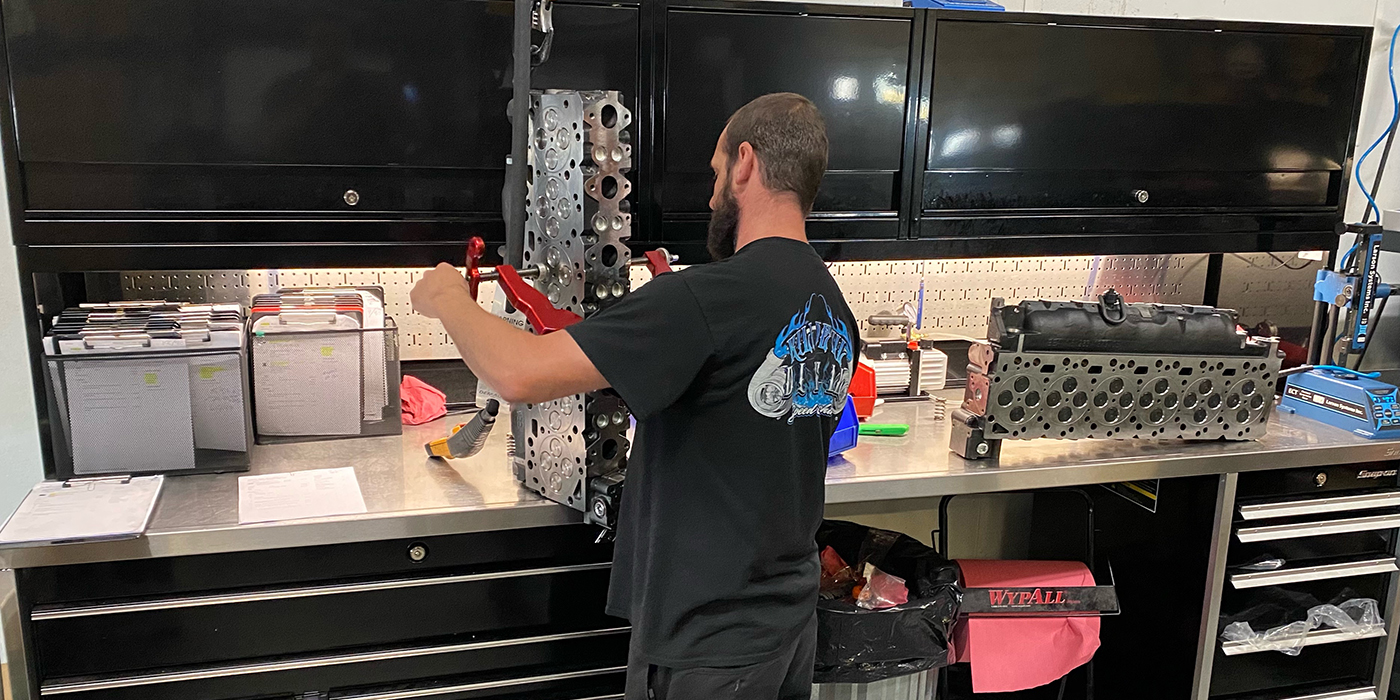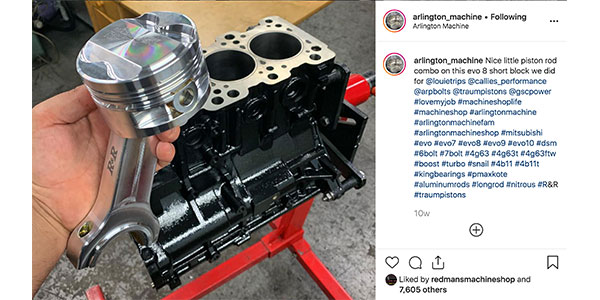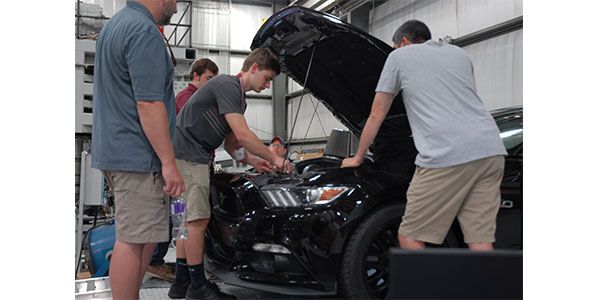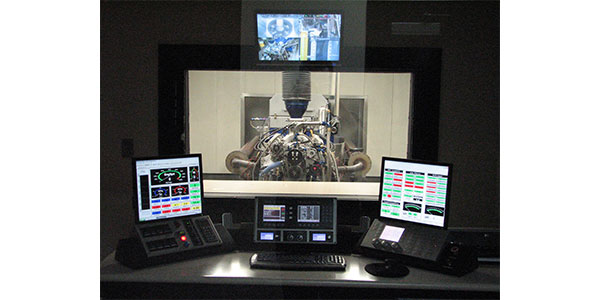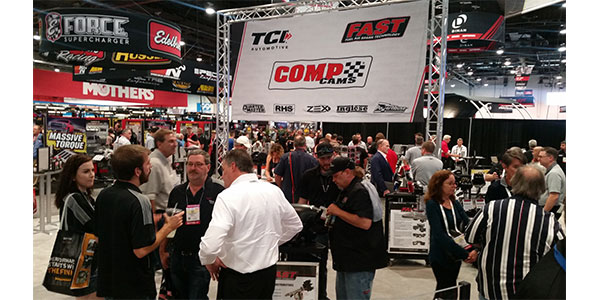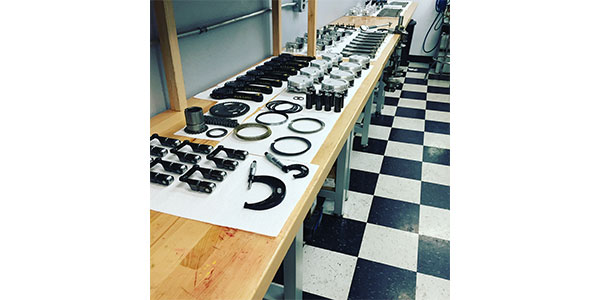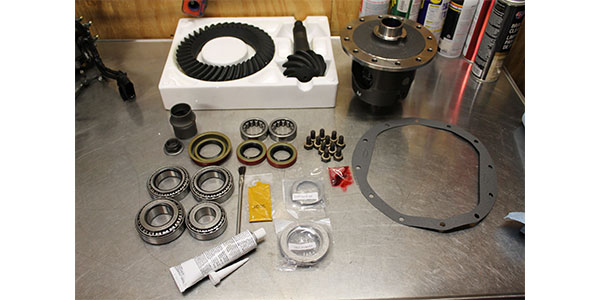Corey Schlegelmilch of Donrich Machine &
Driveline shop hasn’t finished remodeling the
space he took over five years ago. He says he needs more than this
3,000 square feet to move in all of his equipment and do the kind of A
– Z job he’d really like to do on his engines.
Below is the article as it appeared on the York News-Times website.
Let’s Go Racing
Exeter machine shop builds a name
Published: Tuesday, April 27, 2010
He hasn’t finished remodeling the
space he took over five years ago. He says he needs more than this
3,000 square feet to move in all of his equipment and do the kind of A
– Z job he’d really like to do on his engines.
Schlegelmilch
builds engines, rebuilt or from scratch. He gets a lot of business from
auto repair shops in York, Lincoln, and throughout the area, working on
passenger car and truck engines. He also works on any kind of motor
used in agricultural equipment.
But what he does most is build racing engines.
“I’ve got guys running every track in Nebraska,” he says.
They
also come to him from Missouri, Kansas, Iowa and South Dakota. They
come to him for circle track racing engines, drag racing engines,
pulling tractor engines and race boat engines.
Basically, if somebody wants a vehicle to go fast on a reliable motor, they come to Schlegelmilch.
He
has made 1,000 horsepower street engines for pickup trucks. These guys,
he says, “just want bragging rights with their buddies.”
Schlegelmilch
graduated from the Lincoln Technical Institute in Des Moines, Iowa,
about six months before the school was consolidated with others in
Indianapolis.
He started there with plans for getting into vehicle repair, but found that he enjoyed the machine shop the most.
He
worked in York for 11 years before the Exeter shop became available,
offering him a new opportunity. He kept the name “Donrich” on the
business because people were already familiar with it.
Since he opened his own shop, Schlegelmilch says, “I haven’t really had a time I’ve been looking for work.”
He
started building race engines for some local drivers and “they had some
luck,” he says. He estimates that about a dozen of his engines have won
points championships over the past four years.
Andy Wilkinson,
of McCool Junction, has won three championships in stock cars with
Schlegelmilch’s engines, as well as multiple features and heat race
wins.
He says Schlegelmilch built him a hobby stock motor that garnered two different drivers “Rookie of the Year” honors.
At his business in York, Extreme Automotive, Wilkinson also uses Schlegelmilch for all of his high-performance needs.
“I’ve been real happy with him,” Wilkinson says.
He has recommended Schlegelmilch to many others, he says.
Word
of mouth has kept Donrich Machine & Driveline growing. “The best
advertisement is guys winning at the track,” Schlegelmilch says.
He
usually has several projects going at the same time, but to build a
single race engine from scratch takes him anywhere from four days to
two weeks.
“It depends what caliber engine you’re building,” he says.
Most
of the engines he builds are for circle track racing. An entry level
engine goes for about $3,500, though most of Schlegelmilch’s typically
cost about $8,000.
The more serious the driver is about going
fast and winning, the more the price goes up. A touring series engine
starts around $16,000.
Schlegelmilch does all the work himself. He figures he puts in 70 to 80 hours a week at the shop.
“I don’t get to see my wife and son a whole lot,” he says with a rueful laugh.
He does get to the races at McCool Motor Speedway just about every weekend.
“There’s a lot of my product running around there,” he says, “so I’d rather be down in the pits, where the action’s going on.”
To read this article on the York Times-News website, visit http://yorknewstimes.com/articles/2010/04/27/news/doc4bd71ec3413b2286309314.txt

 EXETER, NE
EXETER, NE
